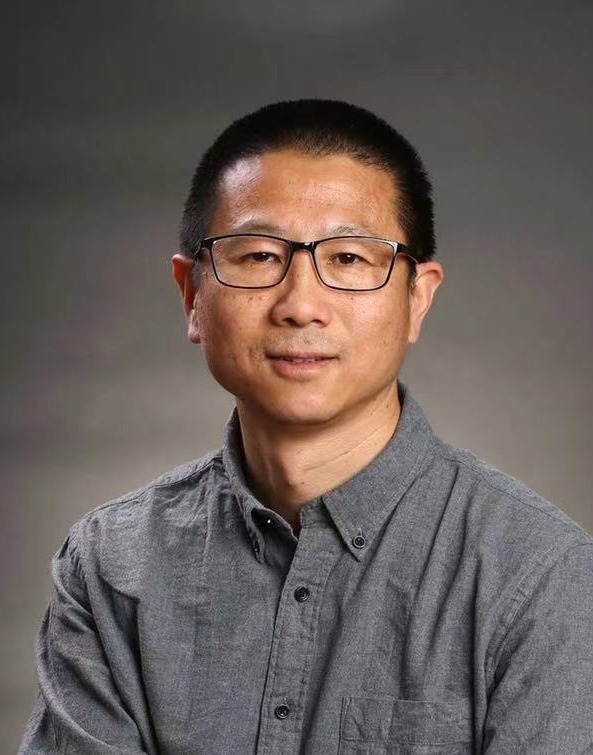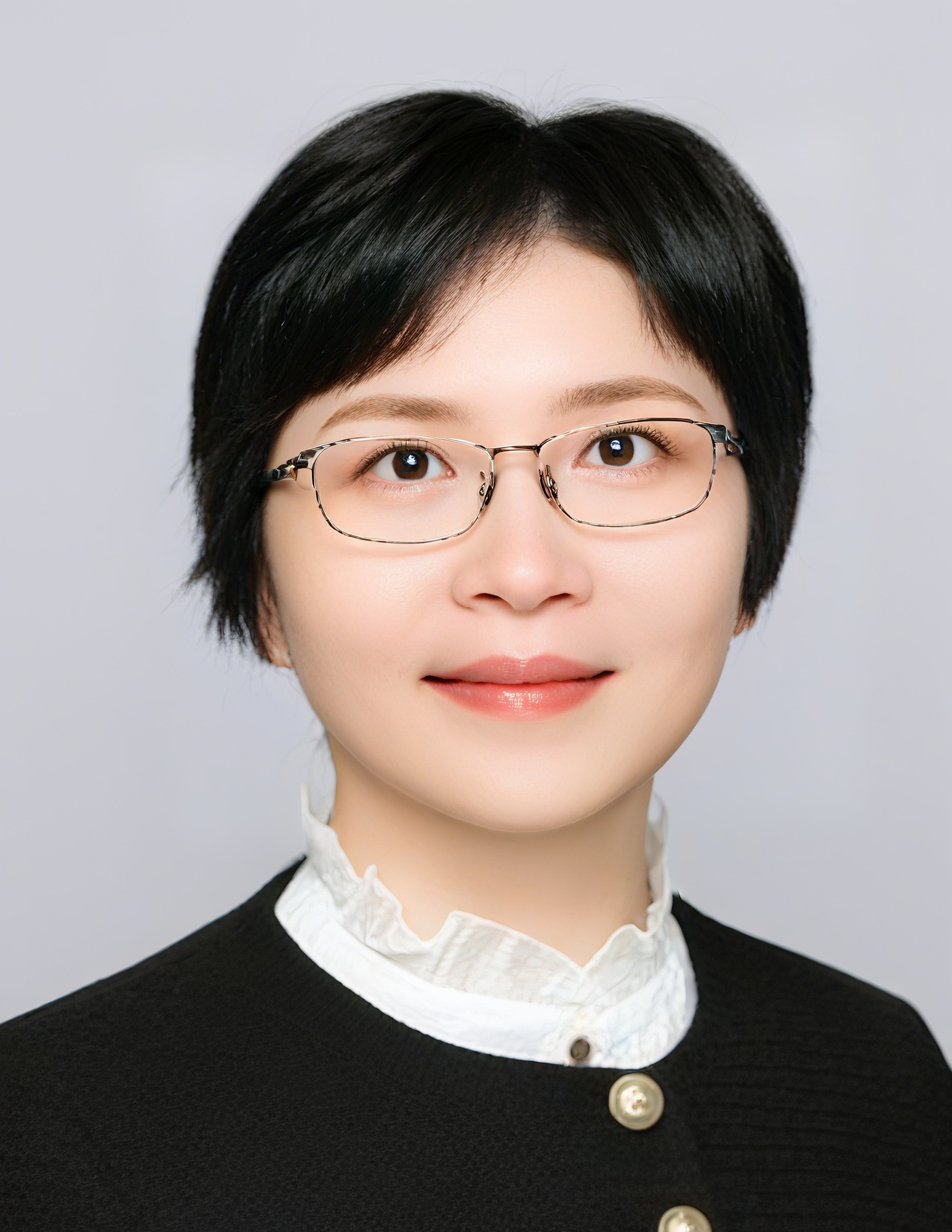从知识共享到智慧共享——以AI为基础设施的人文研究
From Knowledge Sharing to Intelligence Sharing —— AI as the Information Infrastructure for Humanities Studies
Abstract
This talk discusses the transformation from knowledge sharing to intelligence sharing, driven by the evolution of the human information environment: the print era, the digital and networked era, and the emerging AI era. In the AI era, knowledge is no longer static or passive but can be dynamically transformed into tables, graphs, images, and intelligent agents that actively interact with users.
This shift challenges the traditional model of scholarship based solely on publications. While large language models absorb and reproduce our writings, what human experts uniquely provide is perspective, professional insight, and contextual understanding.
To support this transformation, the Digital Humanities Center at Peking University has developed the Wu Yu Dian platform (吾与点), which enables scholars to build intelligent agents grounded in their own research materials. Demonstrations show how text and images can be converted into interactive knowledge services, pointing toward a future where academic value lies in sharing intelligence as well as knowledge.
摘要
本报告从人类信息环境的演进谈起,指出印刷术的发明开启了知识大规模传播的时代,数字与网络环境进一步突破了地域与媒介的限制。而进入人工智能时代,知识不再是静态的文本,而是可以动态转换为表格、图谱、图像乃至智能体,实现更为主动的交互。
在此背景下,传统依赖出版物的知识共享模式逐渐显露局限,仅以发表数量来衡量学术价值已难以适应新时代的需求。报告重点介绍了北京大学数字人文中心研发的“吾与点”平台,该平台支持学者基于个人研究资料构建智能体,实现个性化分析、交互问答与知识服务。
通过实例展示了文本、图像等多模态资料的处理方式,论证了人文学科可由“知识共享”迈向“智能共享”的新可能。


